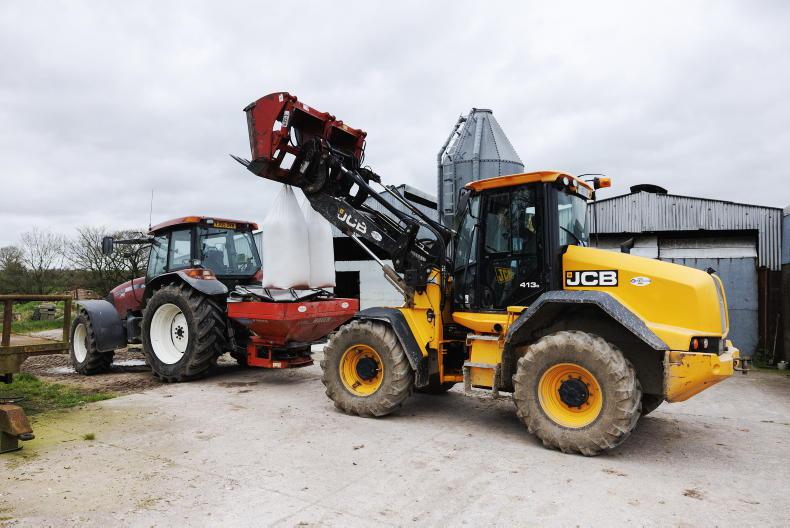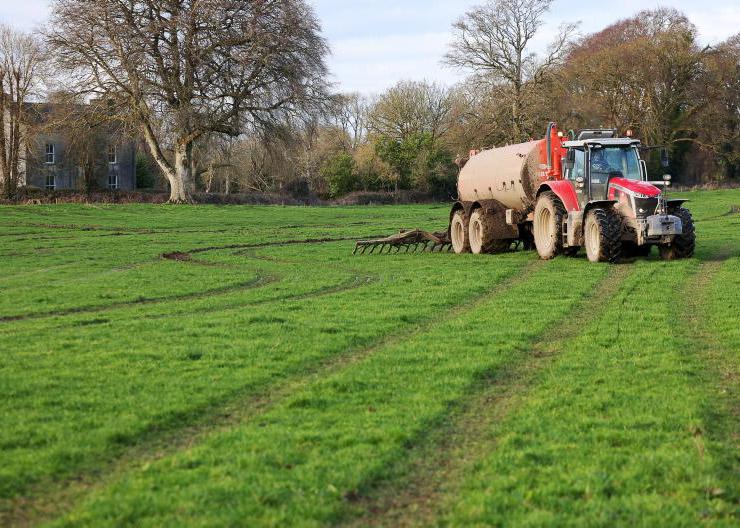The development of the next nitrates action programme necessary to secure a nitrates derogation beyond the end of 2025 is already running behind schedule, as key ministers have yet to receive the nitrates expert group’s recommendations.
The group consists of senior officials in the departments of housing and agriculture, as well as Teagasc and the Environmental Protection Agency (EPA).
The nitrates expert group had been due to deliver its recommendations for the next plan by the end of March, but this advice has yet to be agreed.
“The recommendations have not been finalised yet. However, there is ongoing engagement with stakeholders and measures will be brought to the minister for approval once finalised,” a spokesperson for the Department of Housing told the Irish Farmers Journal this week.
The department did not give an explanation for the delay, nor indicate the new deadline for delivery, but the expert group targets having the new rules in place by November.
Measures
Potential changes to existing nitrates rules which have been discussed by the group include methods for tracking slurry movements, such as GPS trackers on tractors exporting slurry, as well as how nutrient balances could be addressed.
The department and State agency officials met with Teagasc to discuss nutrient balance, the accuracy of data, modelling, methods of collecting data and appropriate measures to improve nutrient balance as part of its work.
“In particular, nutrient distribution on the grazing platform was discussed and how this could be achieved both from a regulatory and advisory perspective,” group meeting minutes note.
The group has previously signalled that slurry and soiled water storage capacity requirements could increase on the back of Teagasc on-farm research.
It has also stated there is a need to improve compliance with nitrates rules “particularly where non-compliances are having a water quality impact”.
However, no definitive measures have yet to be tabled by the ministerial advisory group, with a view to taking effect from 2026 onwards.









SHARING OPTIONS